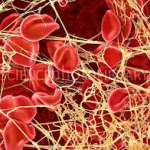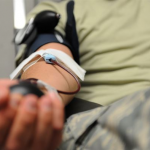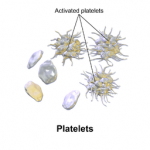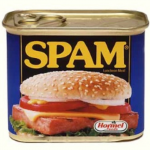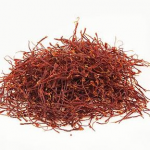When it comes to medical developments, it was an exciting year in the pursuit of what was once impossible. Here are some top picks that genuinely are changing the medical and tech landscape.
cancer
Warfarin, a drug that prevents blood from clotting, has long been used for those at high risk of clots, and thus at an increased risk of stroke and other ills. A recent study indicates that not only is warfarin effective for that purpose, its use might also protect against cancer.
Julia Louis-Dreyfus, best known for her comedic work on VEEP and Seinfeld, announced Thursday on Twitter that she has been diagnosed with breast cancer. Here's what the Emmy-Award winning actress may be facing.
We sometimes think that if you give people true, scientific information they will listen. But then that theory is blown away by a reality check, such as with the case of an Australian man who continued to take supplements derived from apricot kernels – that doctors told him was giving him chronic cyanide poisoning.
Even under the best of circumstances, the five-year survival rate for pancreatic adenocarcinoma is devastating. According to the American Cancer Society, for stage IA it's just 14%. And for stage III – a horrifying 3%.
Injecting an ethanol-based gel directly into a specific type of tumor, called squamous cell carcinoma, resulted in a 100% cure rate in a hamster model.
Imagine a world where it's as easy to check for cancer as it is for high cholesterol. New research out of the Johns Hopkins University School of Medicine may lead to just that, through a new approach that identifies tumor specific DNA in the blood.
Platelets, minuscule white blood cells that are crucial for normal blood clotting, may be useful as an early screening test for lung cancer — thus possibly avoiding the necessity of extensive surgery and long-term treatments. An innovative use of so-called Tumor-Educated Platelets seems potentially valuable for the early detection of lung cancer, and maybe for other cancers as well.
Given modern medical advances extending survival rates for chronic diseases, while at the same time overall life expectancy continues to lengthen, companies are diving into niche markets. Take, for example, Hormel — makers of Dinty Moore stews and Spam – which has come up with a meal line specifically targeted to cancer patients.
Apricot seeds are all over the internet - marketed as cancer fighters. But the seeds contain a chemical compound that, when ingested in high quantities (and by high we mean several seeds), can cause cyanide poisoning.
New research suggests that saffron – a spice used in some Asian, Indian and Mediterranean dishes – may have an intrinsic ability to fight cancer. But don't get too excited. Research on antioxidants suggests the same thing, but they fail in clinical trials.
A new review published in Trends in Cancer strongly suggests that African-Americans have a unique genetic susceptibility to cancer, both in terms of acquiring the disease and dying from it.

